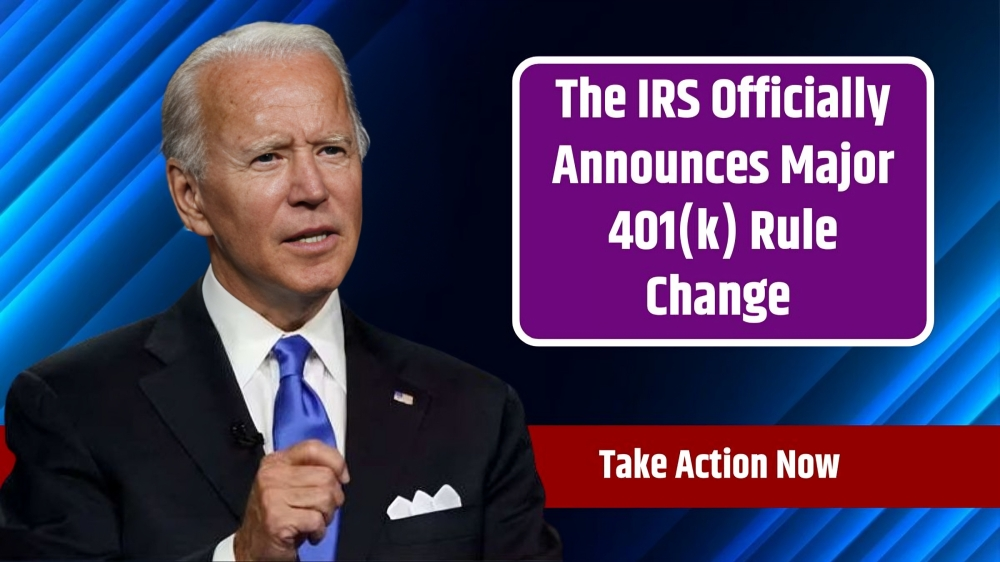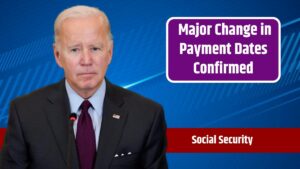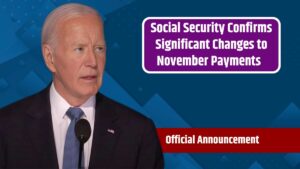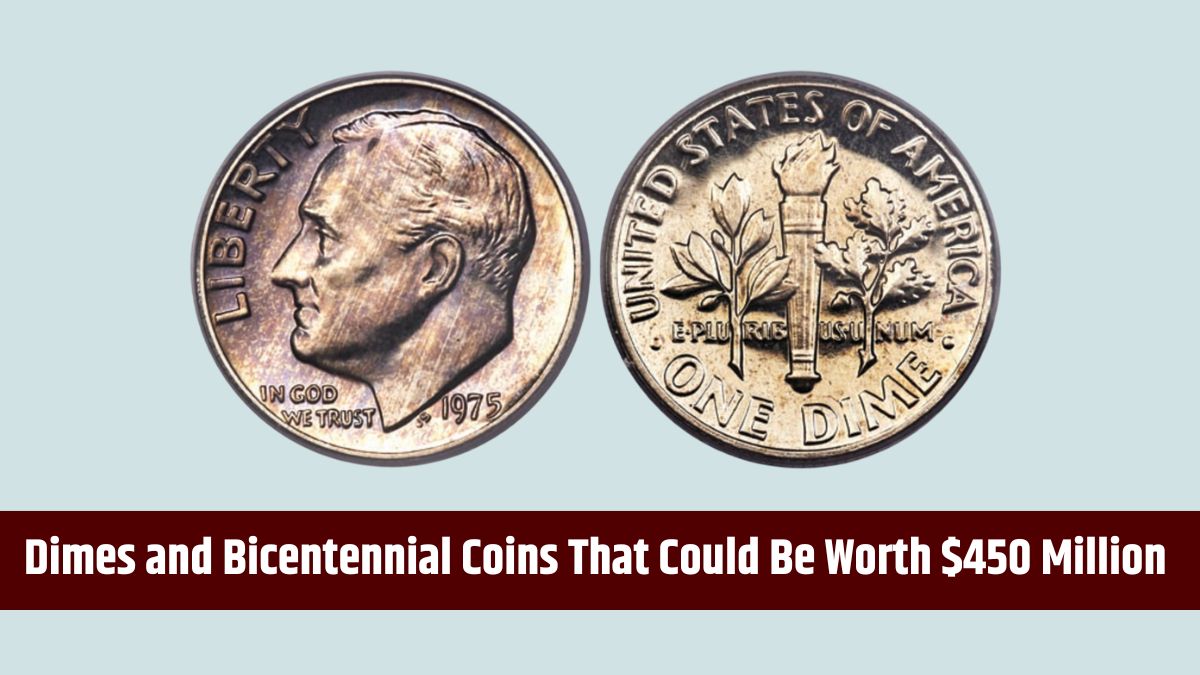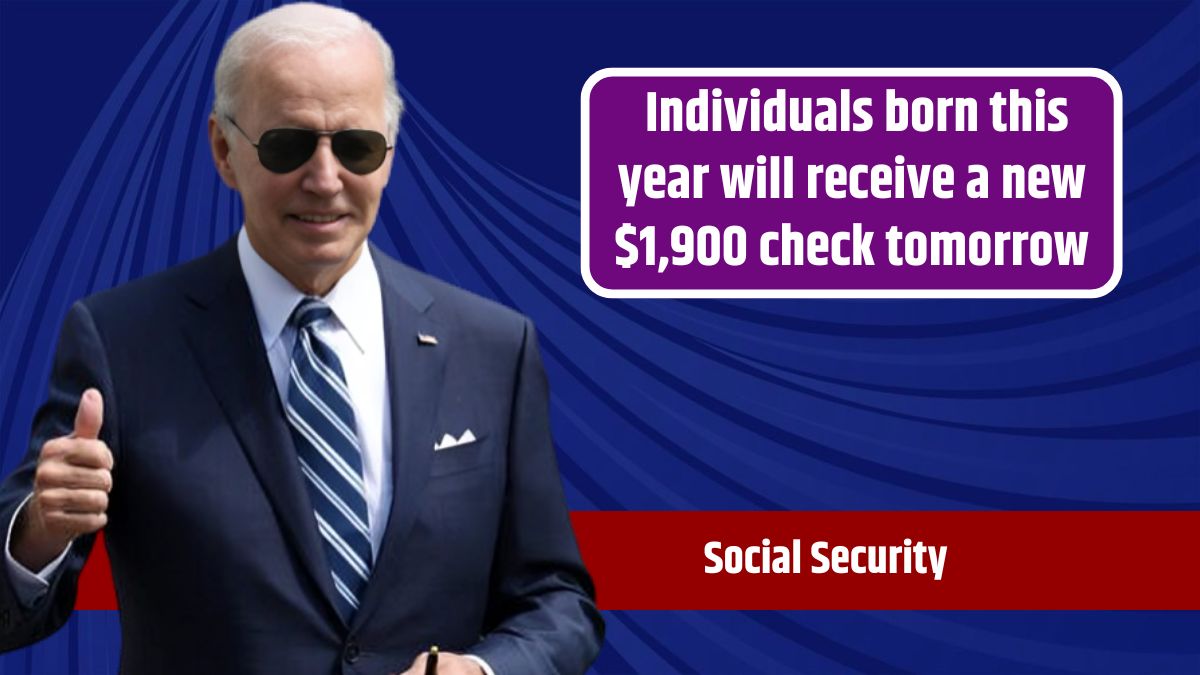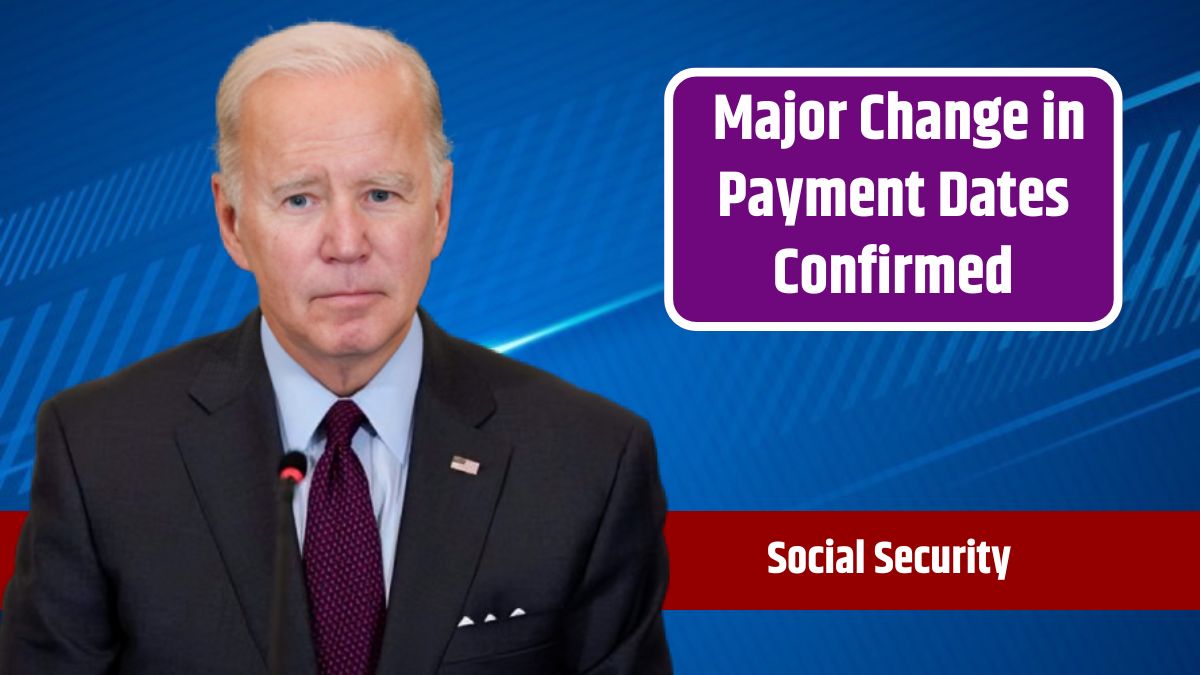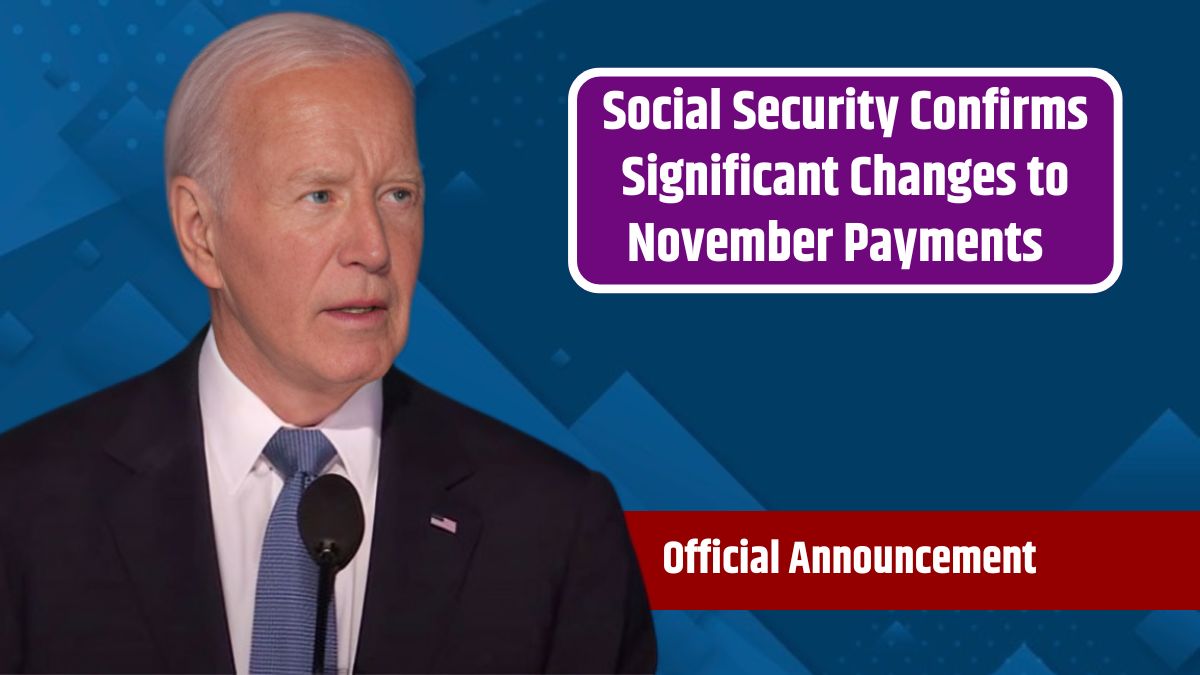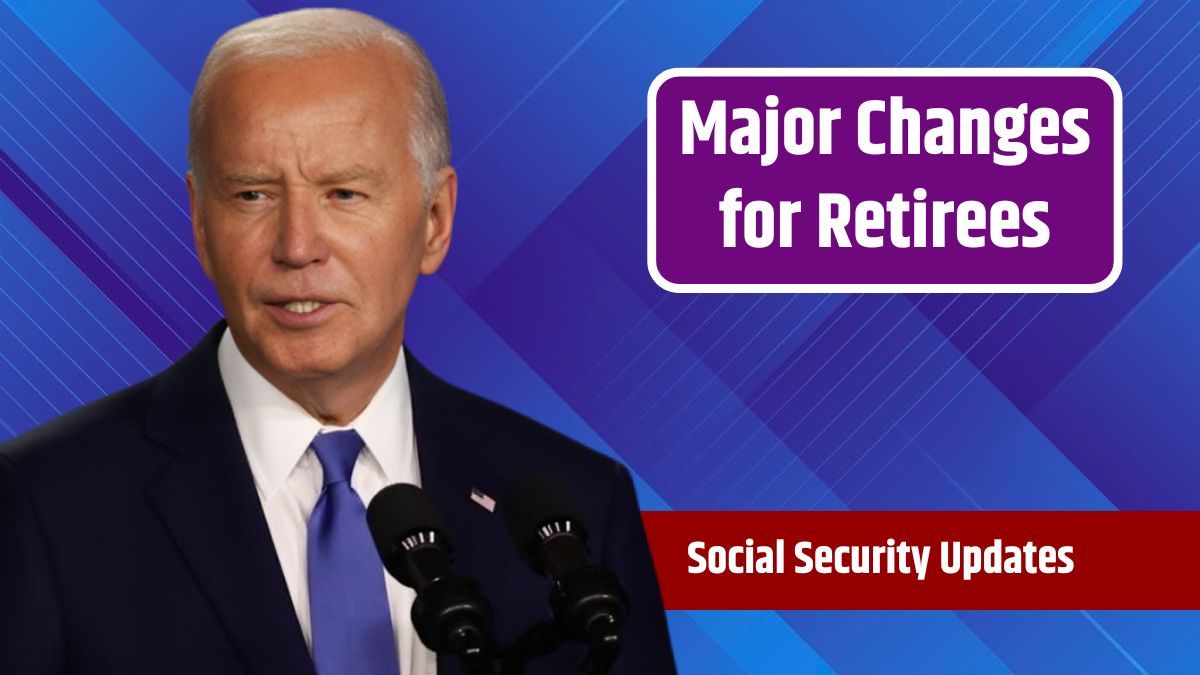The Internal Revenue Service (IRS) has introduced a significant new change to the 401(k) rule that will impact millions of Americans. For many, 401(k) plans are a critical tool for saving for retirement while benefiting from tax advantages. These employer-sponsored accounts allow workers to set aside pre-tax earnings, which helps reduce taxable income. However, the IRS’s recent announcement has altered how 401(k) plans are used, offering more flexibility in handling emergency expenses.
Changes
The IRS has now made it possible for Americans to withdraw up to $1,000 from their 401(k) accounts without facing penalties. This change, effective in 2024, will help individuals cover emergency expenses such as medical bills, funeral costs, and car repairs. Previously, early withdrawals were subject to both income taxes and a 10% penalty if taken before age 59½, unless certain hardship conditions were met.
Under the new rule, employees can withdraw $1,000 once they prove the need for an emergency, bypassing the 10% penalty. However, regular income taxes still apply unless the funds are rolled over into another retirement account. The SECURE 2.0 Act, passed in 2022, paved the way for this adjustment to take effect.
Avoid Penalties
To avoid penalties, individuals must demonstrate that the funds are needed for a qualifying emergency. Otherwise, the traditional 10% early withdrawal fee applies. These changes aim to make 401(k) accounts more accessible during financial hardship while maintaining their primary role as a retirement savings tool.
The new rule only applies to direct cash withdrawals. Rollovers to other retirement accounts or back into the 401(k) remain unaffected by this change.
Plans Matter
401(k) plans are essential for Americans’ retirement savings, as they allow employees to grow their nest eggs with the help of employer contributions. The money saved in a 401(k) is tax-deferred, meaning employees do not pay taxes on contributions or earnings until they withdraw funds during retirement.
Many plans also provide flexibility for withdrawing funds in case of emergencies, though these withdrawals traditionally came with strict penalties. However, hardship withdrawals, which allow individuals to access funds during immediate financial needs, are not eligible for rollover and must be carefully managed to avoid unnecessary tax burdens.
Hardship Withdrawals
Previously, only the amount an employee contributed could be withdrawn in cases of hardship. Earnings on those contributions were not included. Since 2019, the IRS has increased the amount eligible for hardship withdrawals, giving employees more access to their savings in times of need.
While this flexibility can be helpful, it’s important to remember that any withdrawal before retirement reduces the overall savings available for the future. Hardship withdrawals are meant to be a last resort, not a regular practice.
Mistakes to Avoid
Despite their benefits, managing a 401(k) can be tricky, and mistakes can be costly. Here are some common errors to avoid:
1. Withdrawing Funds
When faced with financial challenges, it might seem tempting to tap into your 401(k) early. However, liquidating your account can have severe long-term consequences. Early withdrawals result in taxes and penalties that reduce your retirement savings. Rolling over the balance to another account keeps your money working for you and growing tax-free.
2. Old 401(k) Accounts
It’s easy to lose track of old 401(k) accounts when changing jobs. In 2015, Americans lost $7.7 billion in forgotten retirement savings. Make sure to consolidate your accounts or roll them over to avoid missing out on retirement funds.
3. Converting
Some individuals convert their 401(k) into an annuity, which can come with hefty fees. Annuity salespeople often earn high commissions, leaving consumers with costly fees that diminish their retirement savings. Always review the fees involved before making changes to your 401(k) investments.
The IRS’s recent changes to the 401(k) rule offer more flexibility for handling emergency expenses without facing penalties. While this adjustment provides relief for many Americans, it’s important to approach early withdrawals with caution. Using your 401(k) wisely, avoiding unnecessary fees, and planning for the future will help ensure a comfortable retirement.
Staying informed about updates to the 401(k) program and avoiding common pitfalls will maximize the benefits of this critical retirement savings tool.
FAQs
How much can I withdraw from my 401(k) without penalties?
You can withdraw up to $1,000 for emergencies without facing the 10% penalty.
When does the new 401(k) rule take effect?
The new rule, part of the SECURE 2.0 Act, takes effect in 2024.
What types of emergencies qualify for penalty-free withdrawals?
Emergencies such as medical bills, funeral costs, and car repairs qualify.
Do I have to pay taxes on 401(k) withdrawals?
Yes, while penalties are waived, regular income taxes still apply.
Can I roll over my 401(k) to avoid taxes?
Yes, rollovers to other retirement accounts are still allowed without penalties.
